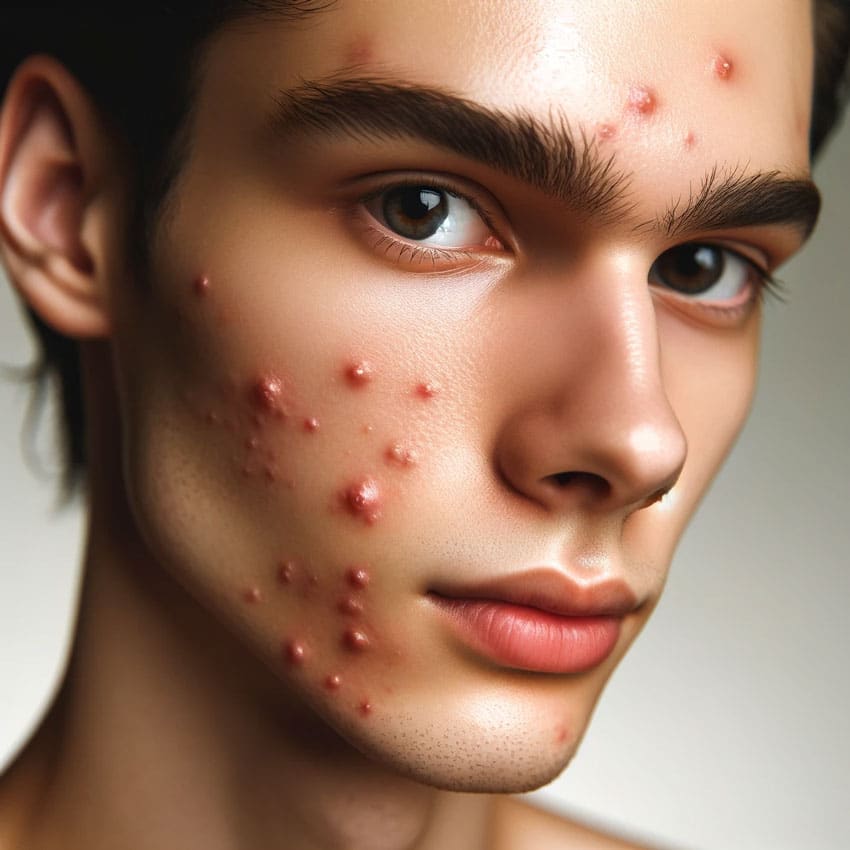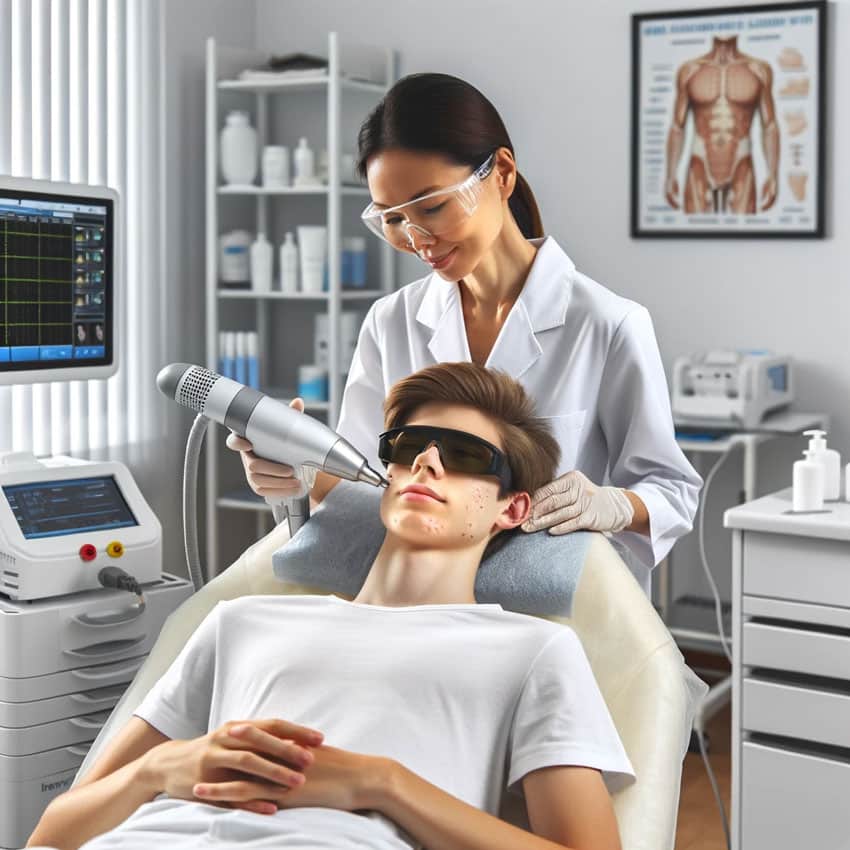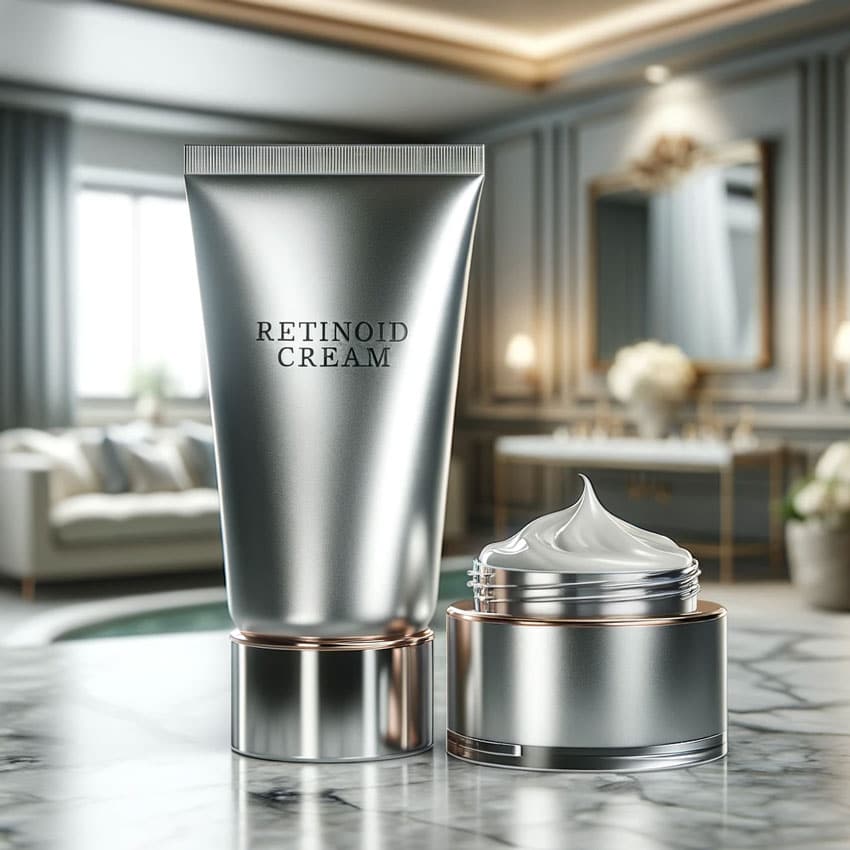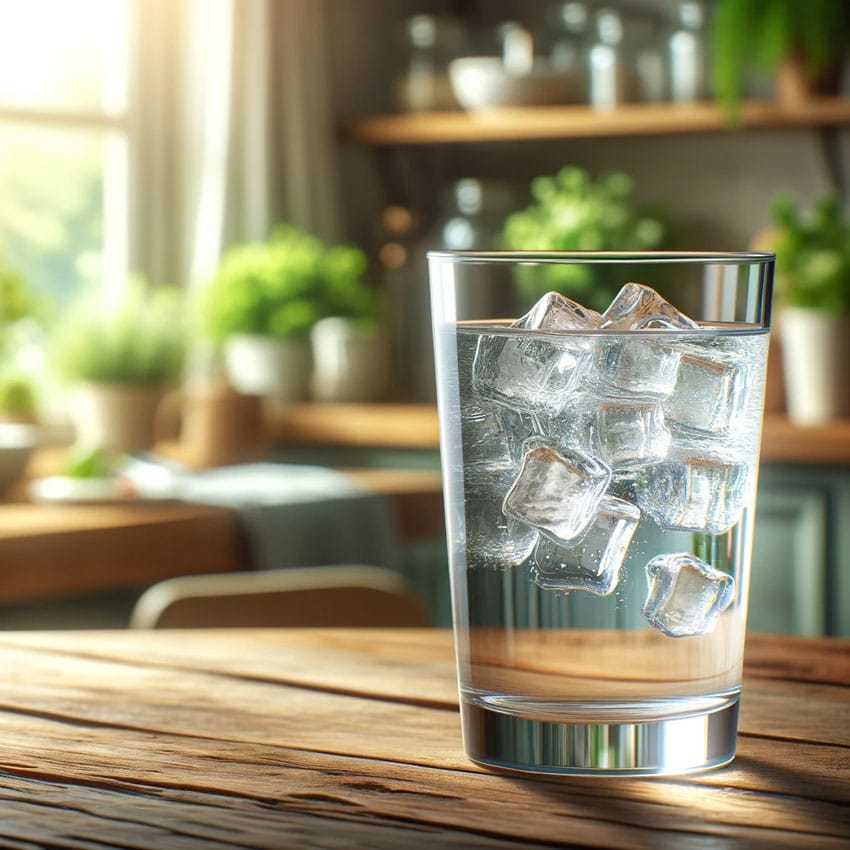Acne scars can often feel like unwelcome reminders of our skin’s battles, lingering long after breakouts have calmed. However, the latest advancements in skincare offer new hope for those seeking to reclaim their skin’s clarity and smoothness.
In our article, we delve into cutting-edge techniques and insider advice from leading dermatologists. These experts share their proven strategies for reducing and even eliminating acne scars, from innovative treatments to at-home remedies.
Whether you’re dealing with deep pitted scars or surface irregularities, this comprehensive guide is designed to empower you with the knowledge and tools needed to achieve a clearer, more radiant complexion. Join us as we explore these transformative skin care secrets that promise to turn the tide in the fight against acne scars.
Understanding the Causes and Types of Acne Scars
Acne scars are a common skin condition that can occur after an acne breakout. They are caused by damage to the skin from inflammation, which can result in various types of scars, including keloid, boxcar, rolling, hypertrophic, atrophic scars, and ice pick scars.
The primary cause of acne scars is inflammation. When a pimple or cyst develops, it can damage the surrounding skin tissue, causing the body to produce collagen to repair the damage. However, if too much collagen is produced, it can result in raised scars, such as keloid or hypertrophic scars.
On the other hand, if too little collagen is produced, it can result in sunken or atrophic scars, such as boxcars or rolling scars.
Keloid scars are raised, thick, and can extend beyond the original acne site. They are more common in people with darker skin tones. Boxcar scars are sunken and have a sharp, defined edge. Rolling scars are also sunken, but they have a more gradual slope.
Hypertrophic scars are raised and can be red or pink. Atrophic scars are sunken and can be pitted or have a wavy texture. Ice pick scars are deep, narrow, and resemble small holes in the skin.
Other factors that can contribute to acne scars include genetics, hormones, and the severity of the acne. Cysts, which are more severe than pimples, are more likely to result in scarring. Hormonal fluctuations can also lead to acne breakouts, which can increase the risk of scarring.

Acne Scar Treatment Options
Acne scars can be frustrating and difficult to treat, but there are several options available to help reduce their appearance. The best treatment option for each individual depends on the type and severity of their acne scars, as well as their skin type and overall health.
Here are some of the most common acne scar treatment options:
Dermatologist Treatments
Dermatologists can offer a range of treatments for acne scars, including:
- Injections: Steroid injections can help reduce the appearance of raised scars by flattening them out.
- Chemical peels: This involves applying a chemical solution to the skin to remove the top layer of damaged skin and promote new skin growth.
- Microneedling: A device with small needles is used to puncture the skin and stimulate collagen production, which can help improve the appearance of acne scars.
- Dermabrasion: This involves using a high-speed brush or wheel to remove the top layer of skin and promote new skin growth.
Laser Treatments
Laser treatments are becoming increasingly popular for treating acne scars. Some options include:
- Fractional laser resurfacing: This involves using a laser to create tiny holes in the skin, which stimulates the body’s natural healing process and promotes collagen production.
- CO2 laser resurfacing: This is a more aggressive form of laser resurfacing that can be used to treat deeper acne scars.
- Pulsed dye laser: This type of laser is effective for treating red or pink scars.

Other Treatments
Other treatments for acne scars include:
- Fillers: Injecting fillers under the skin can help fill in depressed scars and make them less noticeable.
- Subcision: This involves using a needle to break up the fibrous tissue that is causing a depressed scar.
- Cryosurgery: This involves freezing the scar tissue with liquid nitrogen to destroy it and promote new skin growth.
- Punch excision: This involves cutting out the scar and stitching the skin back together.
- Collagen induction therapy: This involves using a device with needles to create small punctures in the skin and stimulate collagen production.
It is important to consult with a dermatologist or other qualified healthcare provider to determine which acne scar treatment option is best for you. They can help you weigh the risks and benefits of each treatment and develop a treatment plan that is tailored to your individual needs.
Over-the-counter and Prescription Remedies
There are a variety of over-the-counter and prescription remedies available for treating acne scars. Some of the most effective remedies include creams containing lactic acid, retinoids, salicylic acid, and alpha hydroxy acids (AHAs) such as glycolic acid.
Retinol is another effective ingredient for treating acne scars. It works by increasing cell turnover and promoting collagen production, which helps to improve the appearance of scars.
Azelaic acid is also a popular ingredient for treating acne scars. It works by reducing inflammation and preventing the growth of bacteria, which can help to prevent new acne from forming.
Prescription medications such as tretinoin, interferon, and fluorouracil can also be effective for treating acne scars. These medications work by promoting cell turnover and reducing inflammation, which can help to improve the appearance of scars over time.
When using over-the-counter products for treating acne scars, it is important to follow the instructions carefully and be patient. Results may take several weeks or even months to become noticeable.
It is also important to avoid picking at or squeezing acne, as this can lead to further scarring.

Natural and Home Treatments
There are many natural and home remedies that can help reduce the appearance of acne scars. These treatments are often less expensive and less invasive than medical procedures, making them a popular choice for those looking to improve their skin’s appearance.
One popular natural remedy is tea tree oil. This essential oil has antibacterial properties that can help reduce inflammation and prevent new acne from forming. To use tea tree oil for acne scars, mix a few drops with a carrier oil, such as coconut oil, and apply to the affected area.
Another natural remedy is aloe vera. This plant has anti-inflammatory properties that can help reduce redness and swelling. Aloe vera can also help improve the skin’s texture and promote healing. To use aloe vera for acne scars, apply the gel directly to the affected area and leave it on for at least 30 minutes before rinsing off.
Face masks are another popular home treatment for acne scars. Masks made with ingredients like honey, turmeric, and yogurt can help reduce inflammation and improve the skin’s overall appearance. These masks can be applied once or twice a week for best results.
In addition to these natural remedies, there are several lifestyle changes that can help reduce the appearance of acne scars. Eating a healthy diet rich in vitamins and minerals can help promote healthy skin. Drinking plenty of water can also help flush toxins from the body and keep the skin hydrated.

Prevention and Aftercare for Acne Scars
Preventing acne scars is crucial to maintain healthy skin. Here are some tips to prevent acne scars from forming:
- Avoid picking or squeezing pimples or blackheads. It can lead to scarring and worsen the condition.
- Use sunscreen with an SPF of at least 30 to protect your skin from sun damage. Sun exposure can cause hyperpigmentation and make acne scars more noticeable.
- If you have a tendency to form keloid scars, talk to your dermatologist before undergoing any acne scar treatment.
- If you have darker skin tones, be cautious with some acne scar treatments. Some treatments can cause hyperpigmentation or dark spots on the skin.
- Use a gentle cleanser to remove dead skin and unclog pores. This can help prevent the formation of new acne scars.
Aftercare is essential to maintain the results of acne scar treatment and prevent new scars from forming. Here are some tips for aftercare:
- Follow the instructions of your dermatologist carefully after any acne scar treatment.
- Avoid exposing the treated area to the sun and use sunscreen with an SPF of at least 30.
- Keep the treated area clean and dry to prevent infection.
- If you experience any side effects, such as redness, swelling, or pain, contact your dermatologist immediately.
- For raised scars, corticosteroids or silicone dressings may be used to flatten the scars.
- For depressed scars, fillers such as hyaluronic acid or skin tightening treatments such as Botox may be used to improve the appearance of the scars.

